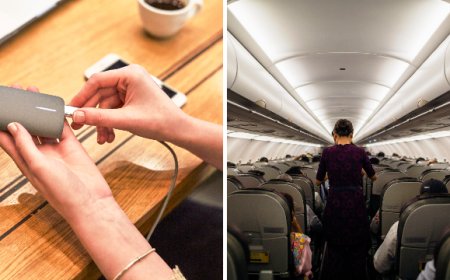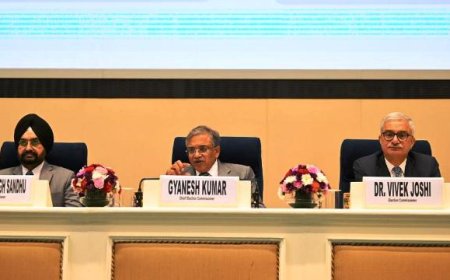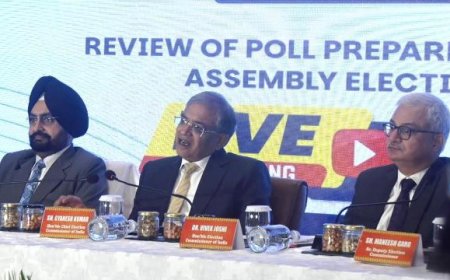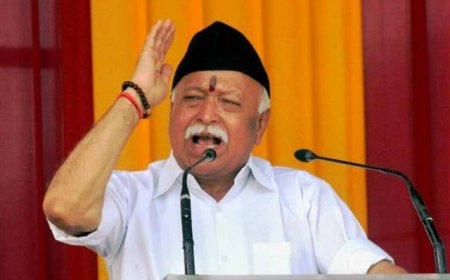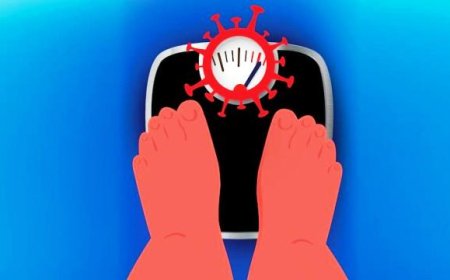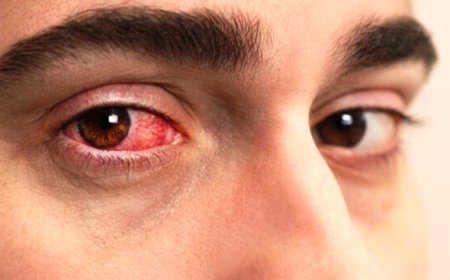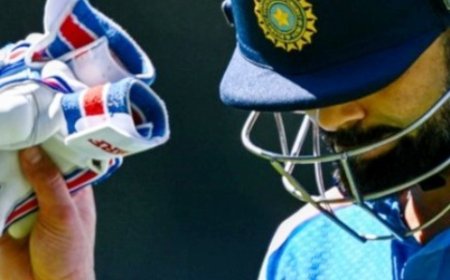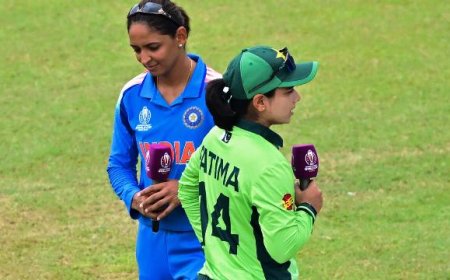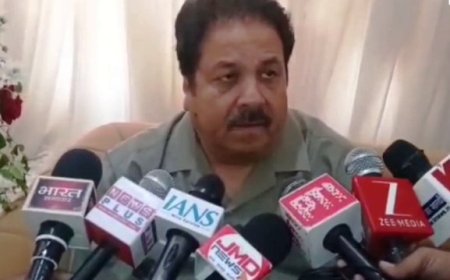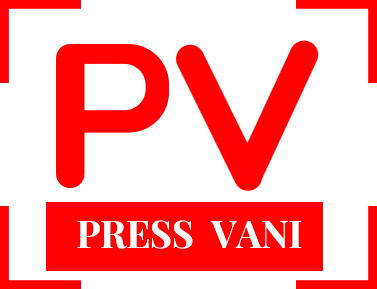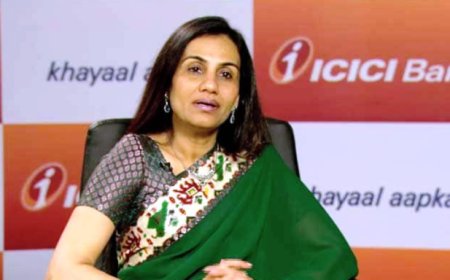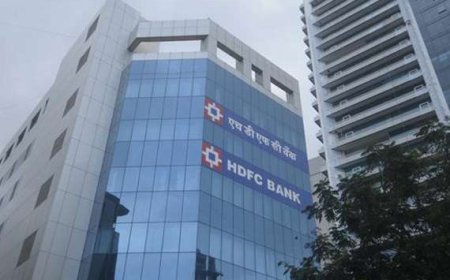Cash borrowing may end up paying income tax penalty
In times of emergency, people don’t think twice before borrowing money from friends or relatives. But what seemed like a harmless favour could now cost the same amount in penalty.

large cash dealings can attract serious penalties. In times of emergency, people don’t think twice before borrowing money from friends or relatives. But what seemed like a harmless favour could now cost the same amount in penalty.
A tax advisory platform- TaxBuddy, recently shared Rahul’s case to raise awareness. Rahul urgently needed funds, borrowed Rs 1.2 lakh in cash from his friend. He didn’t realise that large cash dealings, even between friends, can attract serious penalties. Now, an income-tax penalty of 1,20,000 looms over him.
The Income Tax Department is strict when it comes to large cash transactions. Whether it's taking a loan, repaying one, or even making donations, there are limits you need to follow. Go beyond those, and you could face a penalty equal to the entire amount involved.
Rahul violated Section 269SS of the Income Tax Act. This section says you cannot accept Rs 20,000 or more in cash as a loan, deposit, or advance from anyone at any time. The penalty? A fine equal to the loan received, under Section 271DA.
That’s not all. If you receive Rs 2 lakh or more in cash from a person in a single day, or for one transaction or event, you could be caught under Section 269ST. The penalty here is also 100% of the amount received. Similarly, if you repay any loan or deposit of Rs 20,000 or more in cash, even to a friend or family member, you could face a fine under Section 269T.
If you're running a business and make a cash payment of over Rs 10,000 to a single person in a day, that amount won’t be allowed as an expense while calculating your profits. This means you may end up paying more tax.
Many people also lose tax benefits without realising it. For instance, if you donate over Rs 2,000 in cash to a charity or temple, you won’t get any tax deduction under Section 80G. Similarly, paying your health insurance premium in cash means no tax relief, unless it's for a preventive health check-up up to Rs 5,000.
Even withdrawing large amounts of cash from a bank account can attract TDS (Tax Deducted at Source). If you take out more than Rs 1 crore in a year, banks will deduct 2%. And if you haven’t filed your income tax returns for the past three years and withdraw over Rs 20 lakh, the TDS goes up to 5%.
With so many rules around cash, it’s safer to use digital modes, like bank transfers, UPI, or cheques, especially when large amounts are involved. Not only does it keep you compliant with tax laws, but it also helps you avoid unnecessary fines and complications.
What's Your Reaction?








